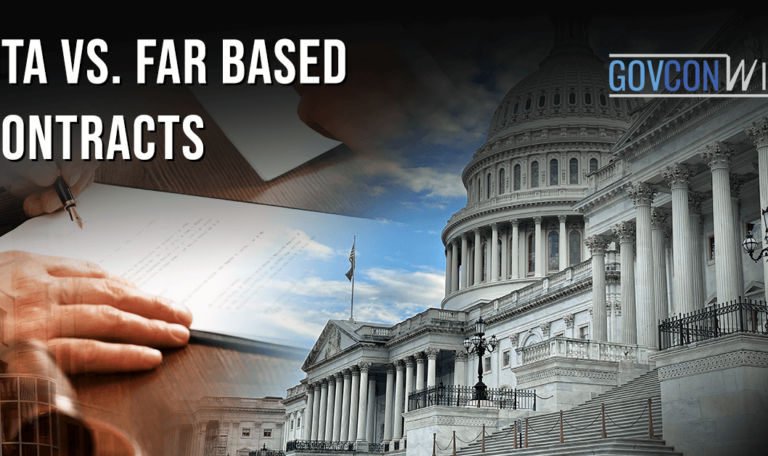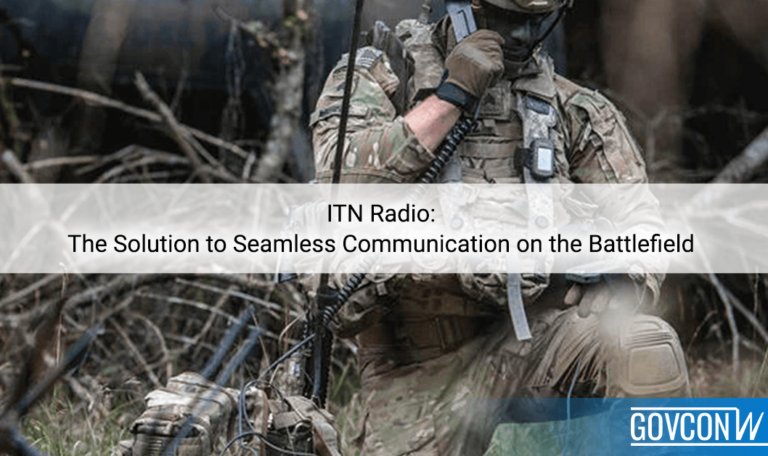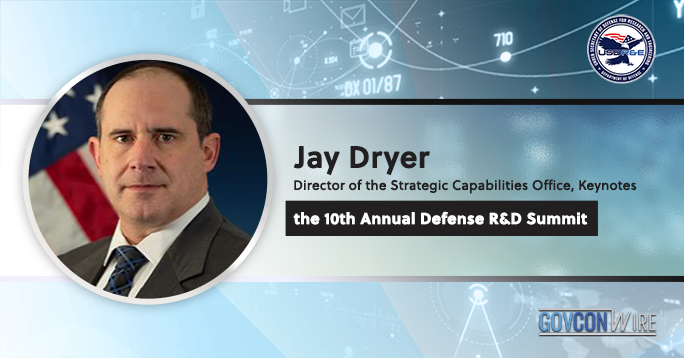Completing government contracts can make your business more successful. But there are some basic facts you must master before becoming eliglble to compete for federal contracts. This article gives you comprehensive insight into what it takes to become a successful contractor.
What Is Government Contracting?
Government contracting is a business providing goods or performing services for a government agency in exchange for financial compensation. Small businesses have a lot to gain financially from government contracts since the U.S. government is the world’s largest trader.
What Is a U.S. Federal Contract?
A contract is an agreement between two parties that creates an obligation to perform, or not perform, a particular duty, according to the University of Texas-San Antonio. Some examples of common government contracts are:
- Fixed-price contracts
- Cost-reimbursement contracts
- Time-and-materials contracts
- Incentive contracts
- Indefinite-delivery contracts
- Government Services Administration contracts
What Are the Principles of Government Contracting?
The federal government is extremely picky about the items and services it acquires. Competitive pricing, a level playing field in which all parties benefit and adherence to all applicable regulations are among the goals of this policy framework.
Government contractors must abide by the following set of principles:
Transparency
Contracting by federal agencies must follow a transparent selection process. This includes clearly-defined rules that allow bidders to submit appropriate proposals and file objections, observations, questions or clarifications to the solicitation proposed by the contracting entity.
Fair Deal
As a general rule, government contracts must ensure that the both parties’ obligations, rights and considerations are equal at contract execution. Suppliers must be handled equally and without discrimination, including protecting trade secrets. Suppliers and potential suppliers should not be subjected to undue burdens or restrictions by public sector organizations.
Responsibility
Under the responsibility principle, federal contractors, government agencies and public authorities are held accountable for their actions during the selection process. Civil and criminal penalties and professional sanctions can be imposed on anyone who breaks the law during the selection process.
Can Anyone Be a Government Contractor?
You must be registered as a government contractor to function as a prime contractor or subcontractor. You will then be able to narrow down your search for federal government contracting opportunities, whether as a prime contractor or subcontractor.
What’s the Difference Between Prime Contractors and Subcontractors?
Prime contractors work directly with the federal government. They supervise any subcontractors and shoulder responsibility for ensuring their work is completed as contractually defined.
Subcontractors work for a primary contractor rather than the government. This allows them to still participate in federal procurements if they are not prepared to directly work with an agency.
If you want to be a contractor, you can register your business with SAM.gov.

How Do You Get Approved for Government Contracts?
The federal contractor qualification process may seem labor-intensive, but it is not as complicated as it appears. Just like any other application, there are two crucial things:
What Are the Federal Contractor Requirements?
To sell goods and services to the government, you’ll need to register your business with the it. Here are the 2022 updated basic contract requirements for federal government contracts:
Unique Entity Identifier
Getting a Unique Entity Identifier, or UEI, is the first step before you can bid on government projects. A UEI is a unique 12-character alpha-numeric number and is the official I.D. to do business with the federal government.
The U.S. no longer uses the DUNS Number to identify companies. People who sign up for SAM.gov get a UEI as part of the registration process.
NAICS code
A NAICS Code is a North American Industry Classification System, or NAICS, classification. The NAICS was designed to gather, analyze and publish data on the U.S. economy.
A company’s NAICS number is based on its specific product or service. If a company sells various goods and services, it will often have a core NAICS code, but it can also have several other NAICS codes.
The U.S. Census Bureau has a list of NAICS codes that you can use to identify your small business.
What Is the Process for Government Contractors?
Step 1: Register and Get I.D. Numbers
To be eligible to compete for federal contracts, your small firm must first meet specific requirements. Do not forget to get your UEI and NAICS code. These two are essential initial requirements.
If the contract involves the design, development or operation of a records system on individuals to execute an agency function, the contracting officer must assess the requirements. Only use official and secure government websites to exchange critical information.
Step 2: Meet the Size Standards
Your company must meet the Small Business Administration’s, or SBA’s, minimum size standards to be considered for government contracts intended for small companies.
The following are some commonly used terms that might help you determine whether or not your company is appropriately labeled as “small.”
- Affiliates – The amount of profit your affiliates make each year and the number of employees they have.
- Annual Receipts – Annual receipts are gross income and the cost of goods sold. These data are usually found on a company’s IRS tax return.
- Employee Calculation – The company’s most recent 12 months worth of payroll data yields this average number of individuals on the payroll for each pay period.
Step 3: Register Your Business with SAM
SAM.gov registration is mandatory for every company that wants to bid for a federal contract. SAM.gov makes it possible for government organizations and federal contractors to find your business based on various criteria, including its capabilities, size, location, experience and ownership.
Step 4: Comply With Public and Labor Laws
To compete for government contracts, you must adhere to all applicable laws and regulations. The Federal Acquisition Regulation governs the federal government’s procurement process.
You can find the rules governing government contracting programs for small enterprises at 13 CFR 125.
Step 5: Acquire Cybersecurity
The DOD requires small firms to demonstrate their ability to protect their systems and data before they can be considered for contracts with the government. A Cybersecurity Maturity Model Certification, or CMMC, level must be met to submit a proposal to the DOD.
Advantages and Disadvantages of Government Contracting
It’s not always easy to do business with the government, but if you’re prepared, it can be worthwhile. Understanding the benefits and drawbacks of government contracting is an important first step toward entering the public sector.
Advantages
Profitable
Working with the government can boost your profits. The government is willing to pay more to ensure that work is done accurately and fully. Contractors may even be paid more than full-time government employees doing the same job.
Long-Term Contracts
Even though becoming a federal contractor is a lengthy process, many companies are given long-term contracts. Most of the government’s service contracts call for contractors to work for 1-3 years. The federal government tends to extend contracts if it approves of the contracting company’s performance.
Opportunity to New Markets
A GSA Schedule contract is a terrific method to break into the public sector and boost your profile. Your company’s growth and development will elevate by entering a new market.
With a GSA contract, you have greater access to federal purchasers and the potential to expand your firm.
Having a Positive Affiliation
It is a well-known fact that the federal government pays its bills on time. The government also pays additional interest when a corporation fails to be paid according to its contract conditions.
Disadvantages
Labor-Intensive
There is a lot of paperwork involved in applying to work as a federal contractor. Working with the government necessitates specific certifications and codes.
Companies must also correctly adhere to the Code of Federal Regulations and other laws. Your paperwork needs to be organized as well. The government has the right to request an audit of any of its contracted enterprises.
There Are Numerous Regulations to Follow
Contracting with the federal government is governed by a set of labor standards and rules codified in the Code of Federal Regulations. Companies must first meet the requirements and then apply for those qualifications to collaborate with the government.
Disqualification is possible if you don’t abide by the regulations.















